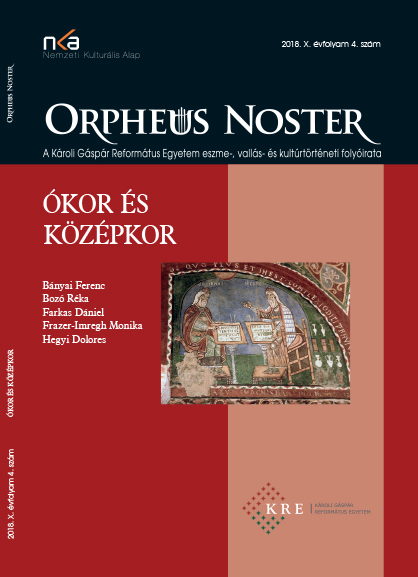Lélek, kozmosz és istenbizonyítékok Ibn Sina gondolatrendszerében
Knowledge, Internal Senses and the Concept of God in the Philosophy of Avicenna
Author(s): Ferenc BányaiSubject(s): Philosophy, Epistemology, Theology and Religion, Islam studies
Published by: Károli Gáspár Református Egyetem
Keywords: Avicenna; Islamic philosophy; prophetic revelation; scholastics; master Eckhart; Neoplatonism; epistemology
Summary/Abstract: The intellectual movements of the late eleventh century in the Latin world required translations of works of ancient philosophy and sciences. These became available by way of texts and commentaries by Islamic authors including Avicenna, who was well known to scholars. This paper focuses on elements of Avicenna’s metaphysics and psychology that were original contributions to the philosophical heritage of Neoplatonism and Aristotle, in particular his theory of the inner senses, especially of estimation and imagination; his views of the potential, acquired and active intellect; his thought experiment of the ‘fl ying man’ proving that the soul is an independent intelligent substance; and his statement on the necessary existence of God as the ultimate condition and cause of beings, which are proved also by reason. Avicenna’s account of prophecy is based on his views of the inner senses of the soul and the concept of intellectualisation, and lays emphasis on the preparations of the human soul that explain why someone has a prophetic revelation. Th ese new doctrines contributed to the cultural revival and further development of medieval philosophy when they were adopted by outstanding scholastic writers, or initiated counterarguments and new concepts.
Journal: Orpheus Noster. A KRE Eszme-, Kultúr-, és Vallástörténeti Folyóirata
- Issue Year: X/2018
- Issue No: 4
- Page Range: 54-72
- Page Count: 19
- Language: Hungarian

